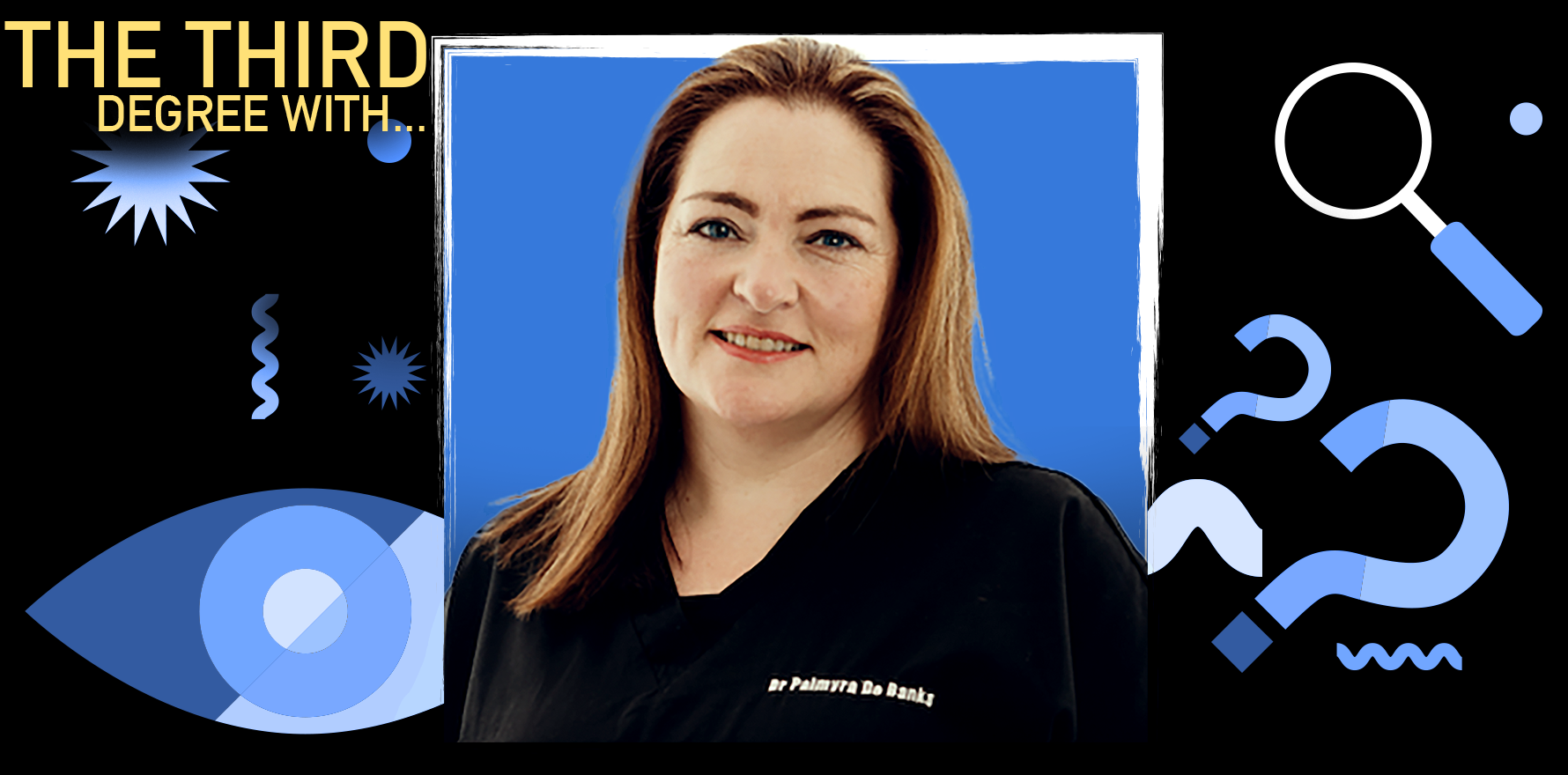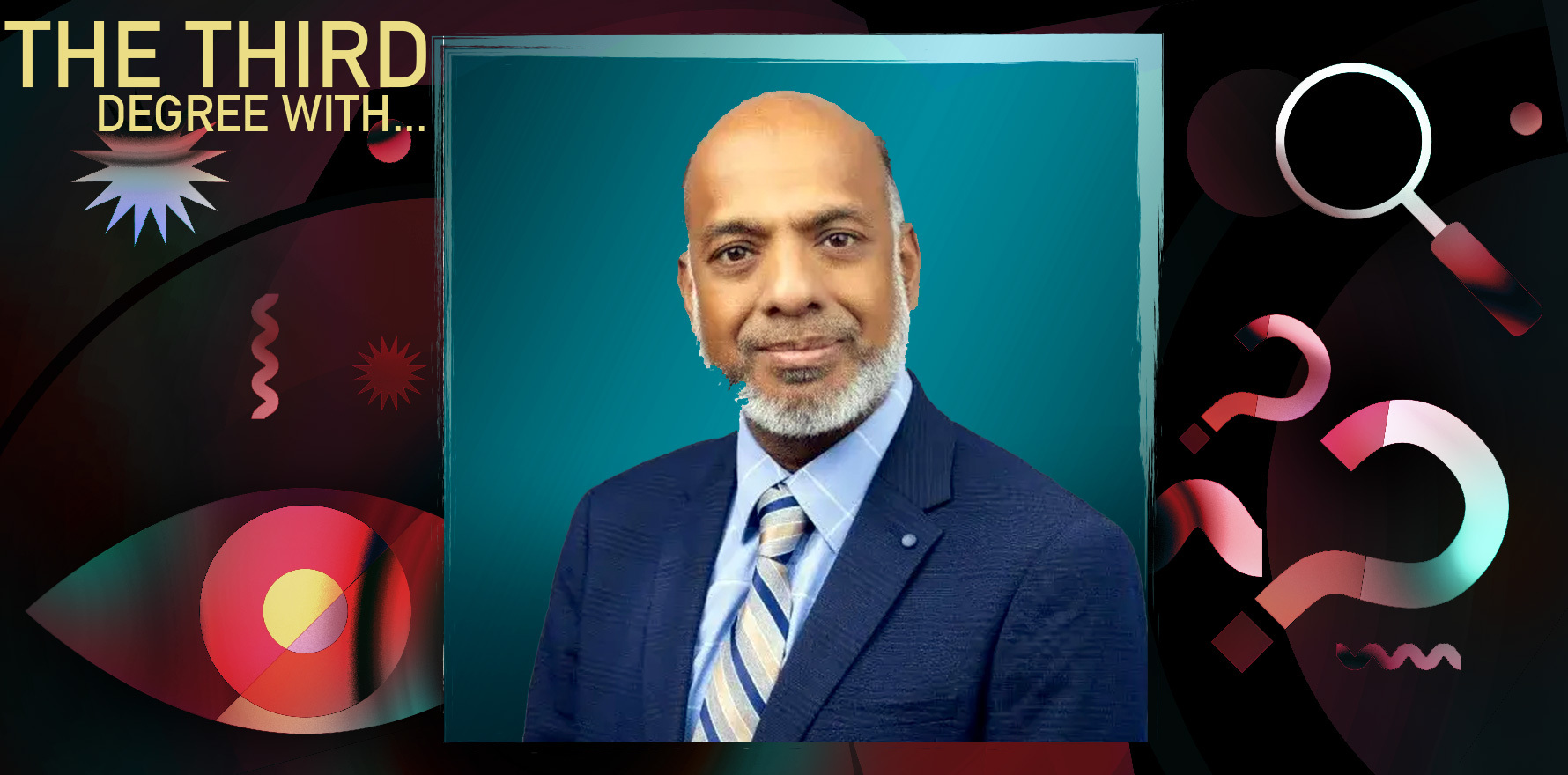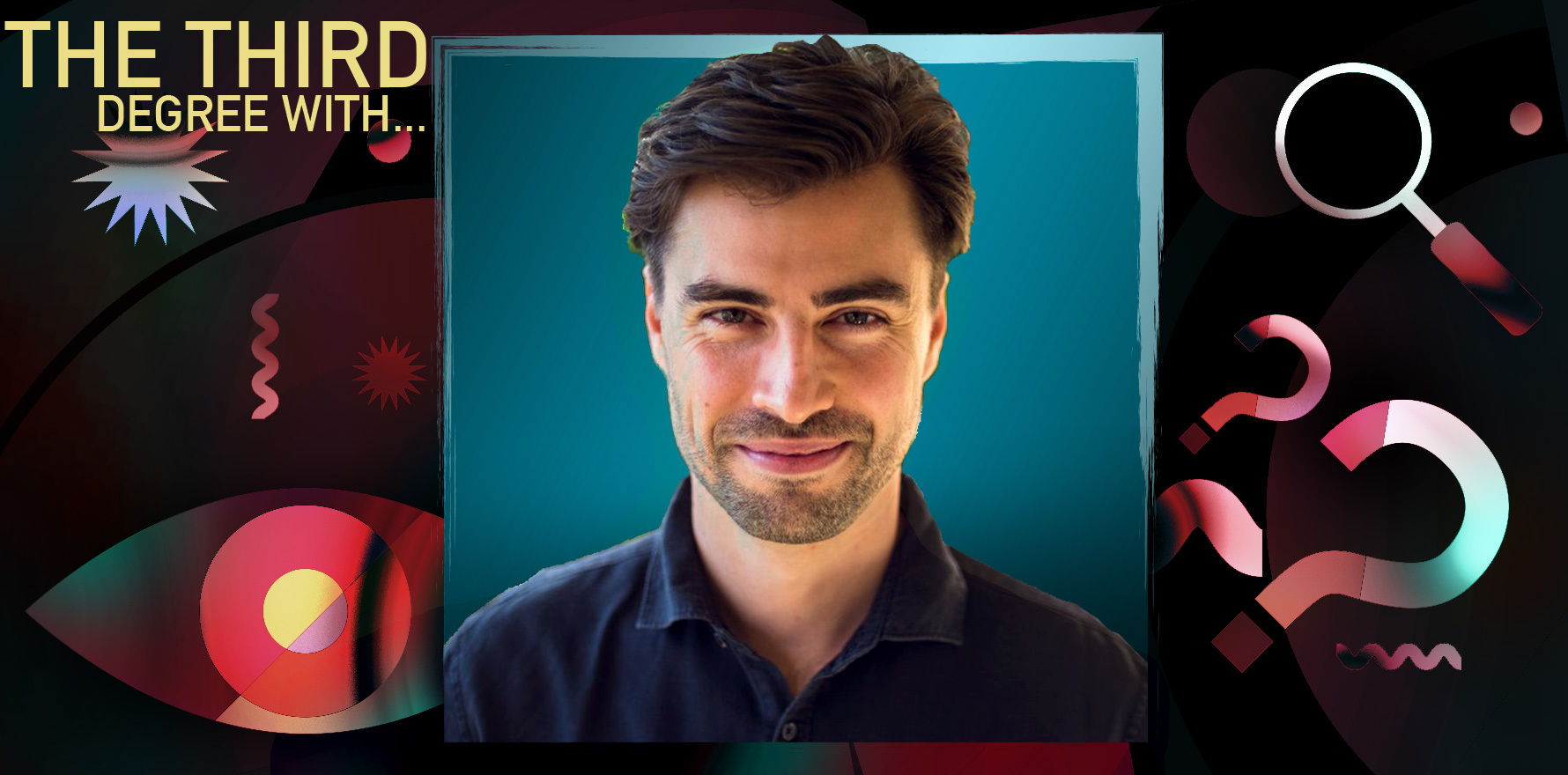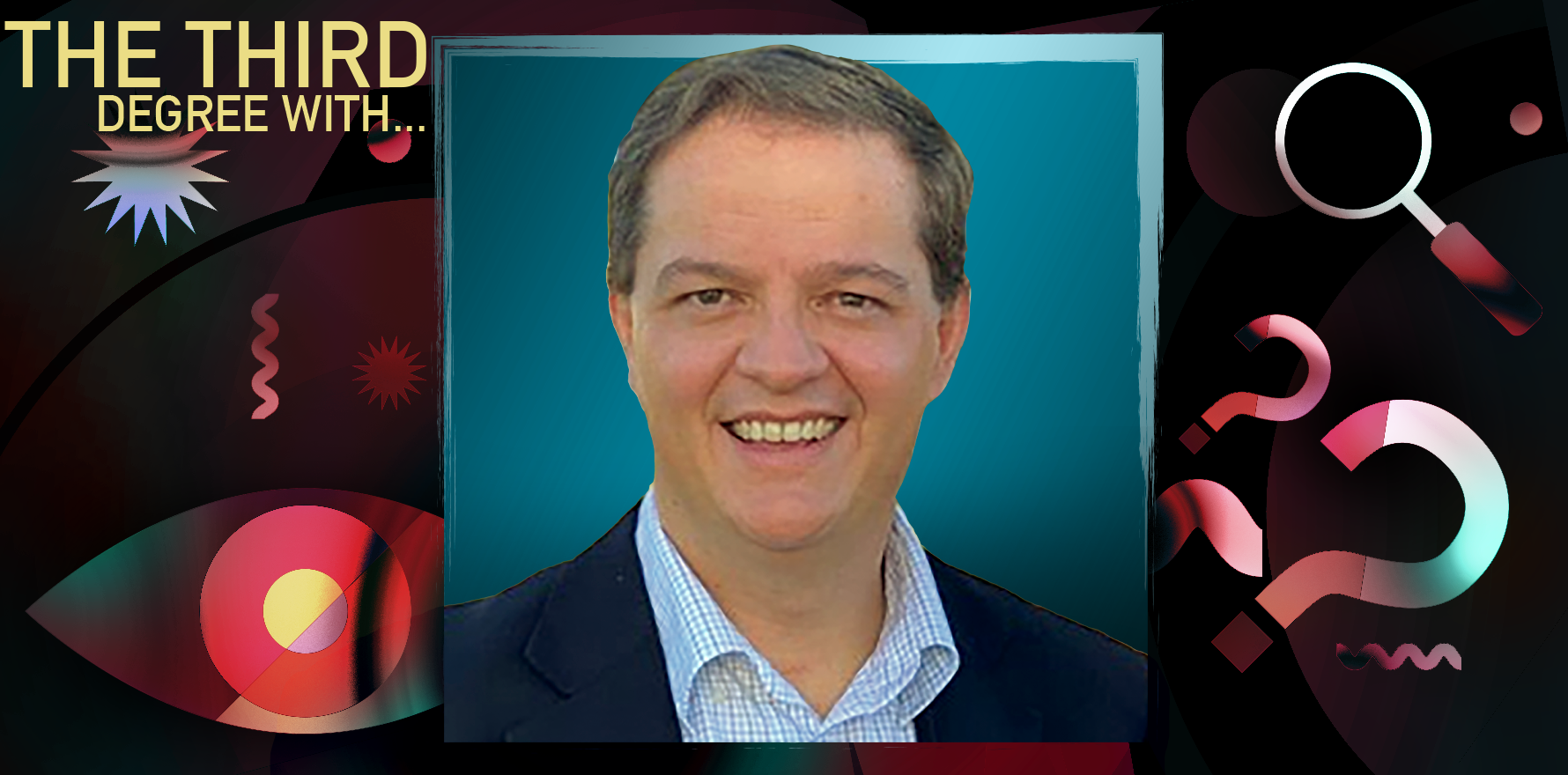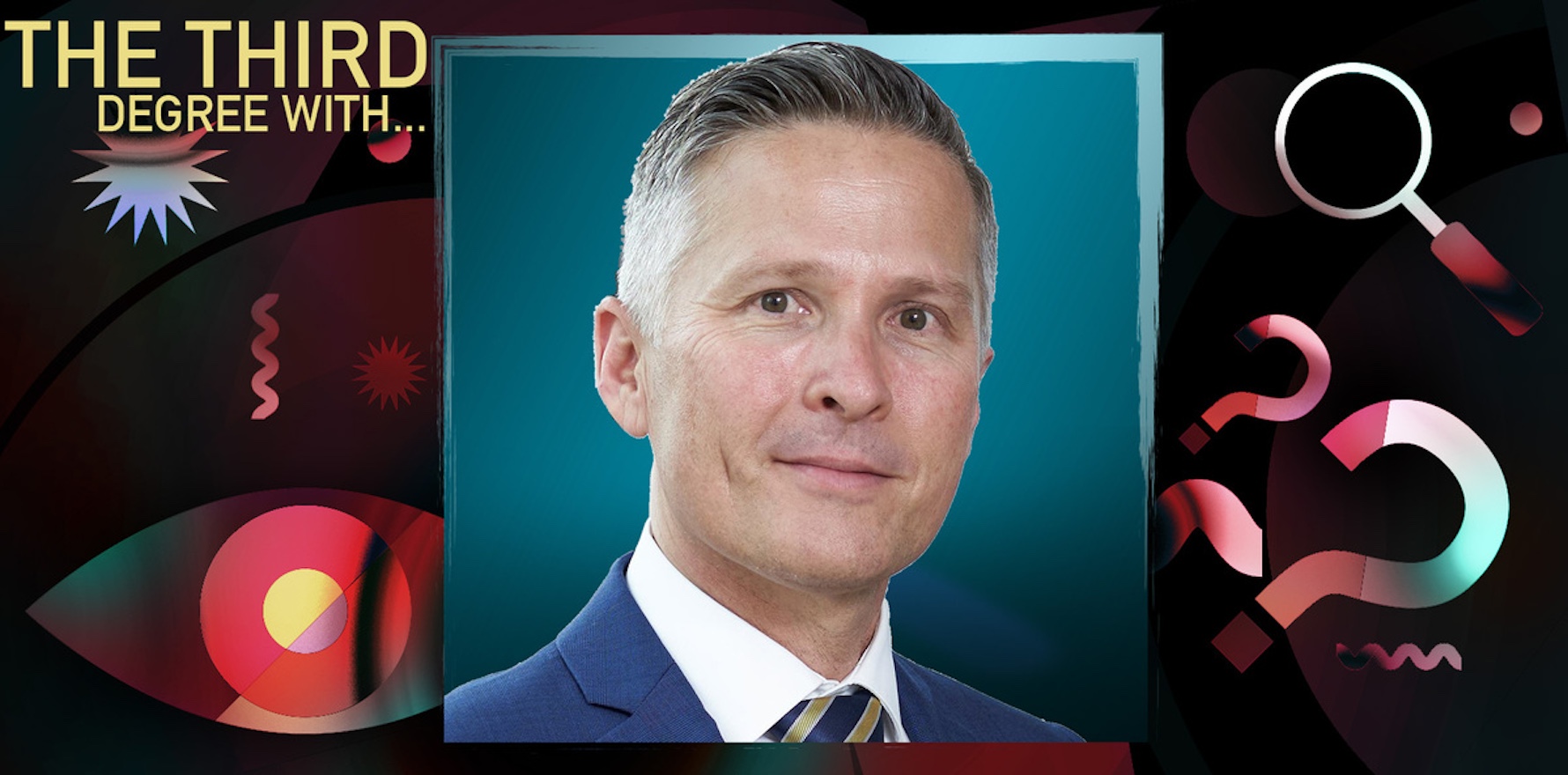Melbournian GP Dr Palmyra De Banks’ wants a college that listens to and learns from its members.
RACGP presidential hopeful Dr Palmyra De Banks promises to make grassroots GPs feel seen and heard by the college if elected this month.
Originally trained in the UK, Dr De Banks is the current clinical director at High Street Medical and Dental Centre in the Melbourne suburb of Preston, where she sub-specialises in women’s health and chronic pain.
While she hasn’t had a role in the college on the national stage, she’s a veteran member of the Victorian faculty.
If elected, she would be the sixth female president in the college’s 65-year history, and the third to be elected in a row.
TMR: Dr De Banks, give us your elevator pitch for RACGP president.
Dr De Banks: I think I can make big changes for the positive of the membership.
It’s really important that we listen to the members – I think a lot go unheard.
We’re a big, big college, and it would be great to really represent all the members in the best way I can.
Like a lot of RACGP members, you trained in a different country. There’s been a lot of discussion about whether Australia should follow the model that is being pushed by the NHS. What are your insights as a former NHS doctor?
I’m what they call an international medical graduate, or IMG.
I’ve been here in Australia for 12 years.
I worked under the NHS for many years, both in hospital and then in general practice.
The trajectory that the NHS was taking was one of the main reasons I looked to relocate to a different health system, and part of what drove me to move to Australia.
I think the system we have here is far superior than what’s happening in the UK – even in the last few days, GPs in the UK have [voted for] industrial action in reaction to latest offerings by the government.
What would your top priority be, as RACGP president?
It’s difficult to pick one. There’s lots of different areas where I’d really like to help facilitate change.
As an IMG, of course I’m keen to support my IMG colleagues and improve what we as a college do and how we interact with IMGs.
I also am very keen on simplifying the system for all GPs.
Medicare is becoming more complex. It’s always been quite complex, but it’s definitely becoming more complex.
There are some over-burdensome tasks that we have to do in general practice that quite often take away from the care delivery to patients.
I’d be keen to do what we can to improve the day-to-day life of GPs and allow us to focus on what we really want to do, which is provide excellent care to our patients.
We do a fantastic job as GPs, the care we offer patients is phenomenal.
We are so integral to the patient journey and our impact on patients is considerably undervalued by our peers and by the government.
I would be keen to improve how we’re seen by our peers and by the government and valued for the hard work and that integral work that we do.
You mentioned over-burdensome tasks. Looking at the RACGP’s latest Health of the Nation report, administrative burden is high up on the list of pressure points. Could you elaborate further on what some of those over-burdensome tasks are and how you might go about addressing them?
The processes around referrals can be time-consuming and unnecessary. They don’t improve patient outcomes and they don’t improve patient care.
They don’t simplify the patient journey, and yet they cause patients to have to book appointments with GPs or make unnecessary contact with GPs before they can receive the care that they really need.
Related
What do you see as the three biggest challenges facing general practice?
The payment systems for patients makes things very complicated.
At the moment, with the cost-of-living crisis, I can see real issues around patients accessing care, particularly for chronic diseases, which are expensive and time consuming for patients, and it [leads to] lots of investigations, lots of medications and lots of specialist appointments.
It adds up, and it prevents patients from receiving the care they need.
I also see a big problem for general practice at the moment being the lack of graduates and junior doctors moving into this specialty.
It’s an amazing specialty – it’s so rewarding and it’s professionally so diverse.
We can subspecialise within it and provide so much wonderful care to patients.
I love being able to look after multi-generational families, and I don’t think medical students or junior doctors are given a real demonstration of how amazing our specialty is.
A lot of medical school and university time is spent increasing the prestige of the specialties, and I think a lot of students miss out on a fantastic opportunity for a rewarding career.
And it was the same in the UK – it’s not unusual.
The amount of time students spend with specialists when they’re going through their training compared to GPs, understandably impacts on [their career choices].
What sets you apart from the other candidates?
It’s difficult to say, because everybody’s bringing something unique to the table. I have a lot of crossover with some of the other candidates.
Associate Professor Michael Clements, of course, has huge amounts of RACGP experience; I’ve … also done a lot [of college work], but more within the Victorian faculty.
I also bring a connection with the AMA, as a local representative for the [association].
Dr Michael Wright has got a legal background; I’ve done my Masters of Medical and Healthcare Law.
I’m an IMG like Dr Monirul Haque, and I’m young and dynamic like Dr Alan Bradley, I’d like to say.
But yeah, I’d like to think I bring something different.
I have got that IMG background, I have got the experience of the RACGP and the AMA. I sit on boards. I’ve done the Australian Institute of Company Directors course.
I have also been very involved in my clinical director role. I oversee 1300 GPs from a clinical point of view nationally. I oversee 18 clinics directly within Victoria, and that’s day-to-day operations.
So like a practice owner, I’m involved in HR elements, I’m involved in service delivery, I’m involved in patient feedback and just improving the service.
I know you’ve done some work with clinical data governance. Data is one of the next big frontiers for general practice – how important is working out how to get data that can quantify what GPs do in practice?
Coming from the UK, it’s one of the things that we’ve been doing well for years.
Because of the setup of the health system under the NHS, we have been extracting data and utilising it efficiently for decades now to look at the health of the nation and how patient care can directly influence patient outcomes.
Looking at specific metrics, if you look at the quality outcome frameworks that have been used for the last 15 years in the UK, they gather evidence-based metrics and then use that to monitor patient outcomes and identify and drive patient care.
Are you a candidate for change or a candidate for consistency?
That’s a hard one, because as the RACGP president you’re not the captain of the ship so much as a figurehead.
You’re still answerable to the membership and answerable to the board.
I would like to think I can bring influence and bring a different perspective and encourage the board to listen to the membership as much as possible.
Ideally, I would like to see change.
It’s the real reason that’s driven me, but I understand that change is not something that happens overnight, and that it has to be done, not by revolution necessarily, but by education and changing people’s perspectives.
I would love to do a great job and represent the members.
I think we need to listen to our membership a lot more than we’re doing at the moment, and I would like to improve the day-to-day life of GPS so that they can continue to enjoy the amazing day-to-day work that they’re doing.
How can the college listen to its members better?
There’s a lot of GPs that don’t engage; it’s not an easy answer.
You just have to look at the number of GPs that voted in the last few presidential elections – something like one in six last election and one in nine the one before.
It’s interestingly low, and I think if we found out more figures about sort of the demographics of those who were voting, it wouldn’t show a full spectrum of our membership.
I’d love to get out and engage with the members more.
One of the reasons I think they don’t engage is that they don’t feel that it makes a difference.
I don’t think they feel that they are listened to or that they have any influence on the college, and I’d like to change that.
I’d like every member to feel that the college was there for them.
A more detailed breakdown of Dr De Banks’ priorities can be found here.
This was the final interview in our series; voting for the RACGP president opens at midday on Monday 12 August.
This interview was edited for length and clarity.

